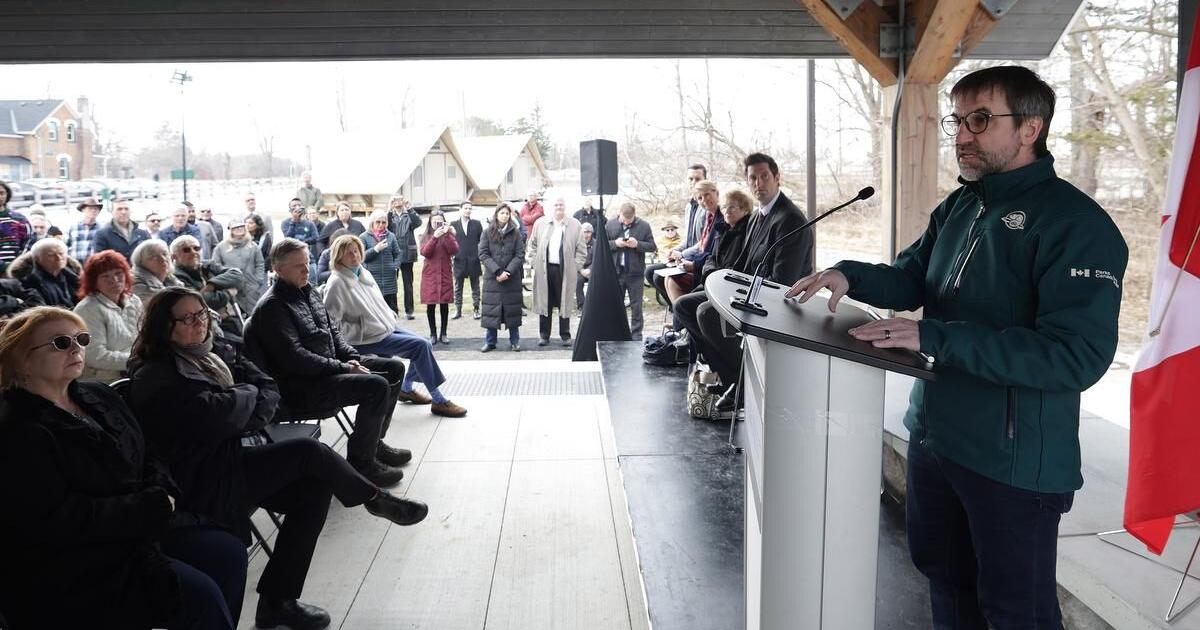Guilbeault’s office has been swamped with expressions of concerns over Ford’s Greenbelt plans and its impacts, including on threatened species. The minister has previously invoked the federal Species at Risk Act as a powerful regulatory tool, a law that provides avenues for the federal government to pull rank to protect critical habitats for at-risk wildlife on what is otherwise provincial land.
When the Ford government announced it was opening up parts of the Greenbelt for housing construction, it gave developers a deadline of 2025 to get shovels in the ground, with approvals in progress by the end of 2023. Its goal is to build 1.5 million homes over the next decade, and it promised to swap the lands for new, bigger protected areas — ones environmental groups have said are far less ecological valuable.
The full scope of the study will be announced by Guilbeault at a news conference at the Park at 1 pm. Broadly, it will look at how to protect biodiversity, natural resources and ecological connectivity through the park, and will consult with the public, Indigenous groups and others.
In January, Guilbeault hinted at the federal intervention on the Greenbelt, but offered few details of how it would occur.
Liberal MPs have also spoken out about the province’s decision to open up environmentally sensitive lands, saying the federal government should step in if any of the proposed developments touch federal jurisdiction.
Ford has always maintained the proposed Greenbelt developments are in the province’s sole jurisdiction.
At COP15, the major international United Nations nature conference held in Montreal last December, Guilbeault was repeatedly asked what he would do about provinces that lag behind the country as a whole in meeting the federal protected areas targets, and in particular about Ontario. Guilbeault was
a key player at the conference in creating a global pact to protect 30 per cent of every country’s land and water by 2030.
“We are having very serious conversations with the government of Ontario and other governments in the country,” Guilbeault said at the time. “If we need to use our regulatory tools because provinces don’t do what they’re supposed to do when it comes to protecting nature or protecting species, we will.”





